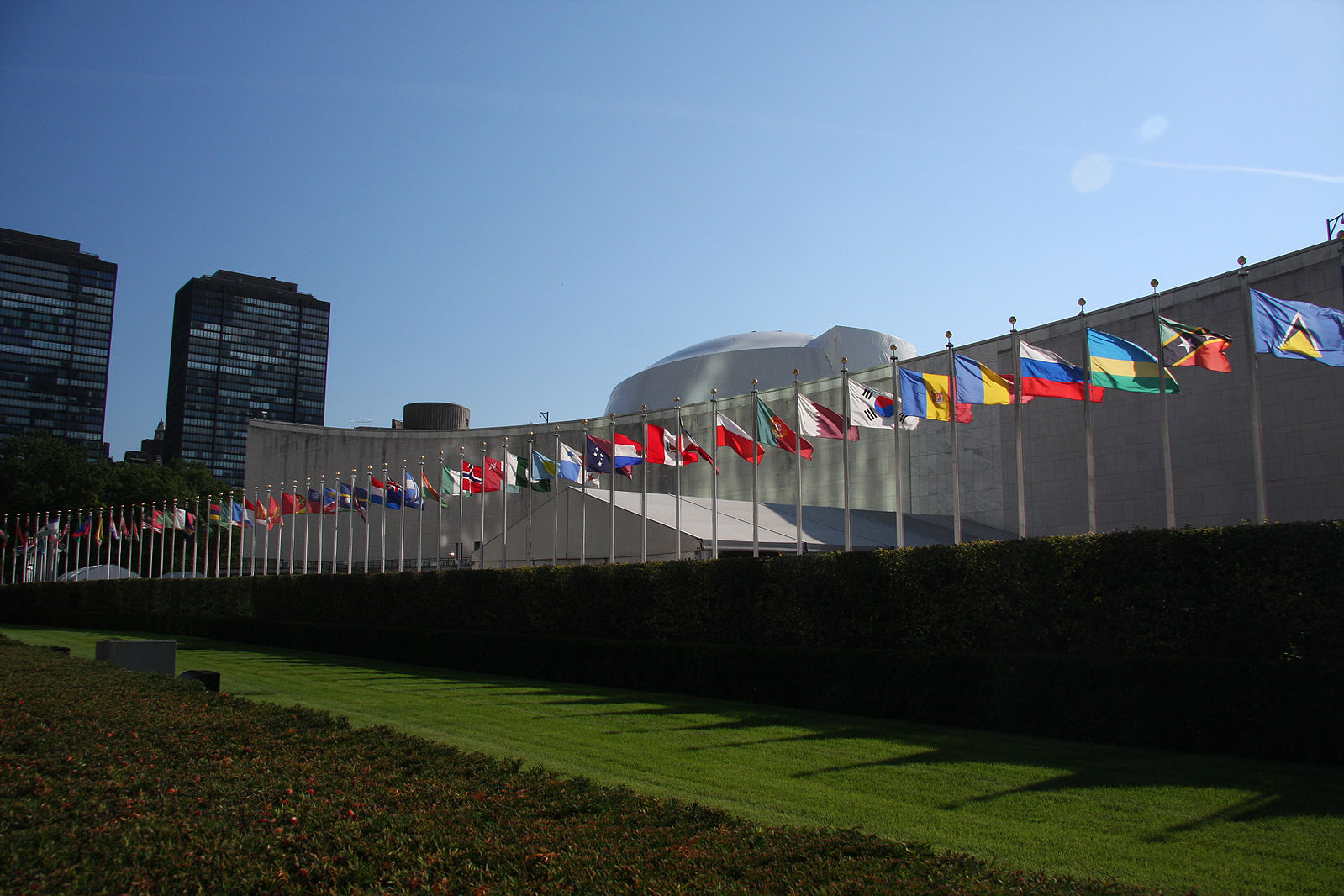Filling Gaps in International Law
We recently contributed to an essay in the 2020 "Strategic Survey" that discusses key international legal gaps in areas relating to international security and suggests how states can work to address them.

Published by The Lawfare Institute
in Cooperation With

The 2020 “Strategic Survey” recently published by the International Institute for Strategic Studies (IISS) includes an essay, to which we contributed, entitled “Key International Legal Gaps: What Are They, and How Can They Be Closed?” The essay discusses gaps in five areas relating to international security—use of force by states, operations against non-state actors, refugee protection, cybersecurity, and competition and conflict in outer space—and suggests ways to address them. In introducing the essay, IISS Director-General John Chipman noted that “legal diplomacy should be conducted to embed carefully considered principles of international law and such diplomacy is needed across a number of fronts. … [The] legal environment cannot be allowed to ossify so much that it renders ultra vires ethically sound responses that states need to consider within their strategic repertoire.”
“Rather than leave it to each state to act unilaterally in areas where there are gaps or grey areas in international law,” the essay outlines an agenda for “states to work diplomatically to narrow their differences in interpretation and for smaller groups of states to agree on non-binding principles to guide their actions, with the potential that these principles may ultimately attract broader support.” For example, the essay suggests that democratic allies could try to agree on minimum conditions that should guide any resort to force in dealing with the gravest humanitarian emergencies or catastrophic threats, while also acknowledging that some states might interpret international law to impose additional requirements.
With respect to non-state actors, the essay recommends that countries that participated in the development of the so-called Bethlehem principles relating to use of force against non-state groups (named for the former U.K. Foreign Office legal adviser who published the principles in an article in the American Journal of International Law) could work to build additional support for the principles from other states. Such legal diplomacy might include efforts to narrow differences over when a non-state group is considered to pose an “imminent” threat, thereby triggering a right of self-defense, and when a state is deemed “unwilling or unable” to prevent the threat posed by a group operating in its territory.
The Geneva Conventions have significant gaps and ambiguities, especially with regard to detention in noninternational armed conflicts. These gaps have made it difficult for states engaged in detention operations—such as the United States and NATO allies operating in Iraq and Afghanistan—to determine and agree on how international law applies. Whereas it would be impossible to renegotiate or amend the Geneva Conventions, the essay recommends that “like-minded states could still work towards agreement on principles to govern detention in conflict situations with non-state groups for which the Geneva Conventions do not provide detailed rules.” Similarly, rather than try to update or renegotiate the 1951 Refugee Convention, the essay argues that it may be more practical “for a group of especially affected states (those that accept a large number of refugees or provide significant financial support for refugee operations, for example) to attempt to agree on principles and policies they are willing to apply that go beyond the requirements of the Refugee Convention, including policies on burden-sharing.”
States should also continue working toward the agreement of nonbinding norms relating to cyberspace. For example, the United States has in recent years pushed norms against attacking critical infrastructure or impeding emergency response to cyber crises, and it has worked with allies to jointly and publicly attribute cyberattacks to states, to better hold them accountable. Such efforts can strengthen deterrence and may in the future form the basis for binding agreements.
With respect to outer space, an immediate priority should be continuing to develop and promote voluntary international guidelines to reduce accidents and promote stability in space. As with global efforts to establish governing principles in cyberspace, the essay suggests that “states could also work towards a set of non-binding norms, such as prohibitions against targeting certain types of assets in peacetime and understandings of what constitutes provocative or dangerous behaviour in space. These efforts would help mitigate friction, build mutual confidence and perhaps lead to formal agreements.”
Overall, the essay makes the key point that because it is, for the foreseeable future, impossible or impractical for states to try to revise and update major multilateral treaties, smaller groups of states should address international legal gaps or ambiguities through agreements on nonbinding principles, best practices or interpretations of vague treaty terms. In addition, some progress toward narrowing differences among countries can be achieved through public statements that clarify official legal interpretations and outline best practices by states. Even unilateral statements of principles that a state is prepared to support as customary international law can help to fill gaps in international law. The substantive areas discussed in the 2020 “Strategic Survey” essay are all topics where the United States and democratic allies share an interest in addressing current legal gaps.






